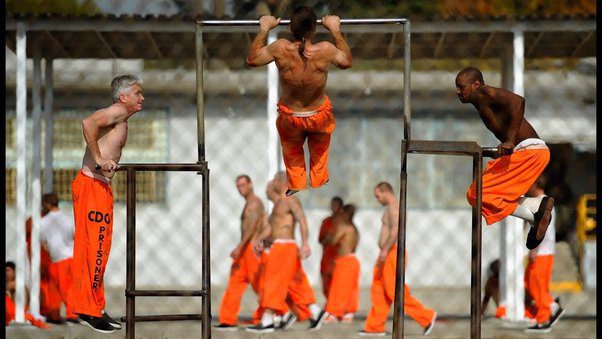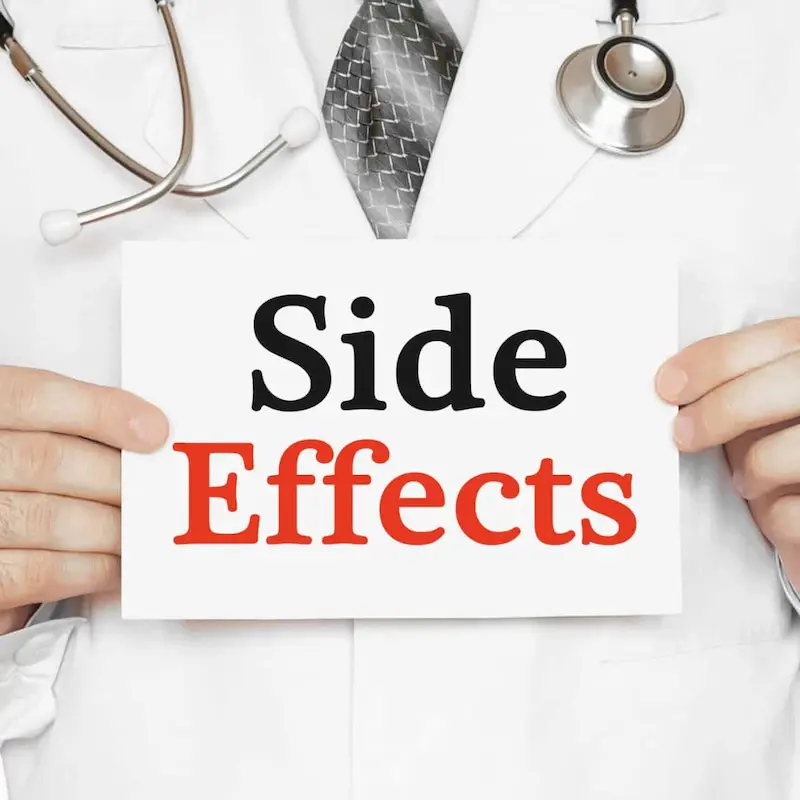

Steroids, synthetically produced versions of the naturally occurring male hormone testosterone, have legitimate medical uses but are also associated with significant legal restrictions in the United States. The legal landscape around anabolic steroids is complex, varying from federal regulations to state laws. Federally, steroids are classified as Schedule III controlled substances under the Controlled Substances Act, which imposes strict regulations on their manufacture, distribution, and use. This classification came about largely due to the Anabolic Steroid Control Act of 1990, which aimed to curb the nonmedical use of these substances that can offer an unfair advantage in sports and have potential for abuse.
While steroids can serve important medical purposes such as treating hormonal issues, muscle-wasting conditions, and certain kinds of anemia, they are also subject to misuse. Possession, distribution, or the intent to distribute anabolic steroids outside of medically approved uses can result in serious legal consequences. The law is unforgiving in regard to illegal steroid activities which include the manufacturing, sale, and trafficking of these drugs. Moreover, a person found in possession of steroids without a prescription can face penalties that include fines and imprisonment. The legal system has placed stringent measures to ensure steroids are not abused due to their significant health risks, which range from liver damage and heart problems to psychological effects.
Understanding the legal implications and health risks associated with steroid use is crucial. As awareness of the negative consequences of steroid abuse grows, the enforcement of laws governing their usage becomes more stringent. Potential users must navigate a maze of legislation that governs their legal applications and be aware of the penalties that accompany non-compliance.

In the United States, federal legislation has specifically addressed the regulation of anabolic steroids, establishing their legal status as controlled substances and defining penalties for their illicit use and distribution.
The Controlled Substances Act (CSA), passed in 1970, serves as the legislative foundation for drug policy in the United States. Anabolic steroids were classified as Schedule III controlled substances under the CSA, which means they are considered to have a potential for abuse, which may lead to moderate or low physical dependence or high psychological dependence.
The Anabolic Steroid Control Act of 1990 further amended the CSA. This act placed anabolic steroids into Schedule III, thereby criminalizing the possession and distribution of these substances without a valid prescription. The legislation was passed in response to concerns about the increasing abuse of anabolic steroids for performance enhancement.
The Steroid Control Act of 2004 tightened regulations related to anabolic steroids. It expanded the list of anabolic substances classified as controlled substances, with a specific focus on curtailing the availability of these drugs. The law increased penalties for crimes involving steroids and directed attention towards preventing the misuse of these substances, especially among amateur athletes.

In the United States, steroids are regulated substances that are legally accessible only via a doctor’s prescription when used for medical purposes.
Doctors may prescribe anabolic steroids for patients with conditions such as delayed puberty, diseases that result in muscle loss, like cancer or AIDS, or hormonal issues, like hypogonadism. A prescription must come from a healthcare professional and be based on a legitimate medical need. Patients must only use prescribed steroids according to the dosage and schedule outlined by their physician.
The Food and Drug Administration (FDA) has strict guidelines for the safe use of controlled substances, including anabolic steroids. These regulations ensure medications are safe, effective, and not abused. Manufacturers must comply with FDA standards to legally produce and distribute steroids. Health professionals inform patients about prescribed steroids’ benefits and risks, following FDA instructions to prevent misuse.

The illegal handling of steroids in the United States, including possession and distribution, carries significant legal penalties. Steroid law enforcement actions can lead to hefty fines and incarceration.
Possession of anabolic steroids without a valid prescription is considered a federal offense. Under Federal law, first-time simple possession of anabolic steroids carries a maximum penalty of one year in prison and a minimum fine of $1,000. The possession of steroids can be classified as a felony if there are aggravating circumstances, including the amount possessed. Simple possession without the intent to distribute is typically prosecuted as a misdemeanor.
Distribution of steroids for non-medical reasons is illegal and considered a more serious offense. The distribution or intent to distribute anabolic steroids can lead to a felony charge, which comes with harsher penalties. An individual might face up to five years in prison and fines that might reach $250,000 or more for an initial offense. Subsequent offenses may double the potential penalties.
Investigation into steroid-related crimes involves collaboration between federal, state, and local law authorities. Law enforcement agencies have comprehensive procedures to identify, track, and arrest individuals involved in illegal steroid activities. Investigations may use a variety of methods, including surveillance, undercover operations, and informant information.
Arrest procedures must adhere to legal standards and protections, including probable cause and the proper execution of arrest warrants. Upon arrest, an individual is typically advised of their rights, including the right to a lawyer. The accused may face an arraignment and subsequent legal process, including trial or plea negotiations if applicable.

Anabolic-androgenic steroids (AAS) usage can lead to significant health complications. Both short-term and long-term exposure can present health risks for users, especially among athletes and bodybuilders, who may utilize these substances to enhance muscle mass and athletic performance.
Short-Term Effects:
Long-Term Effects:

The questions below address the intricacies of the legalities surrounding anabolic steroids, focusing on possession, distribution, federal law, and distinctions within bodybuilding.
Possession of anabolic steroids without a prescription is illegal in the United States and can lead to a felony charge, resulting in possible fines and imprisonment. Distribution of steroids is also a federal offense, with more severe penalties that can include larger fines and longer prison sentences.
Under federal law, anabolic steroids are classified as Schedule III controlled substances. This designation means that steroids have a potential for abuse, have a currently accepted medical use and may lead to moderate or low physical dependence or high psychological dependence.
The Anabolic Steroid Control Act of 2004 expanded the definition of anabolic steroids to include any drug or hormonal substance chemically and pharmacologically related to testosterone. It also increased penalties for the manufacture, sale, and distribution of anabolic steroids.
Legal use of steroids in bodybuilding involves prescription steroids for legitimate medical purposes under a doctor’s supervision. Illegal use refers to the use of anabolic steroids without a prescription, typically to increase muscle mass and performance, which is not sanctioned by medical professionals.
Personal use of anabolic steroids without a prescription is not permitted by law in the United States. The possession of steroids for personal use can often be prosecuted under the same laws that apply to the possession of any controlled substance without a valid prescription.
Anabolic steroids were first classified as controlled substances in the United States in 1990 with the enactment of the Anabolic Steroids Control Act, which placed them into Schedule III of the Controlled Substances Act.